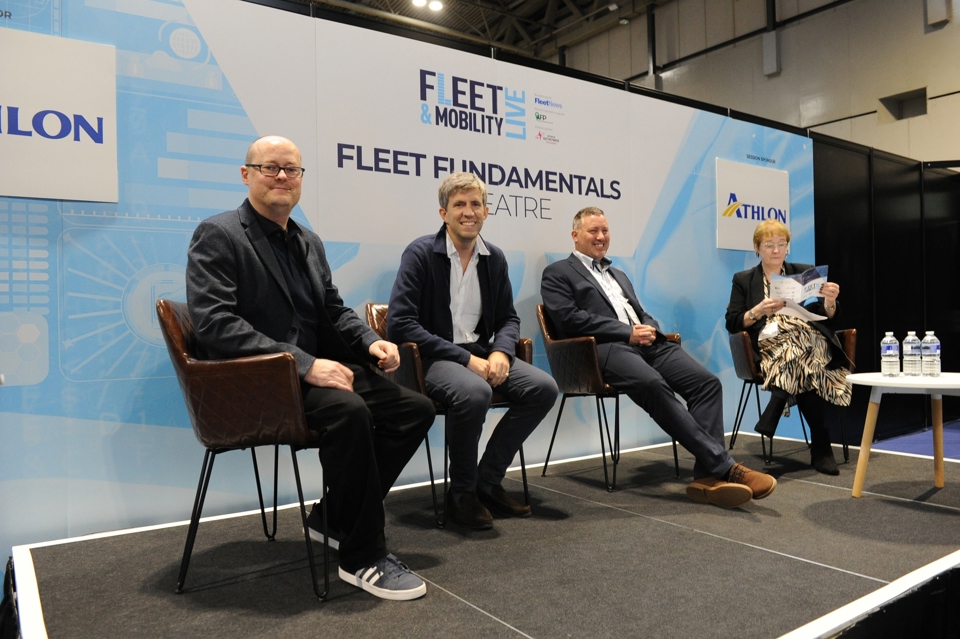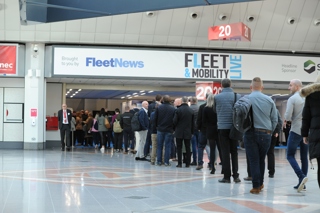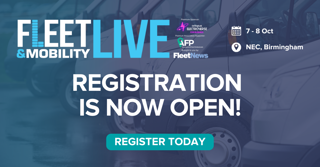A top-down commitment to safety is required if a business wants to implement a robust risk management strategy.
For many businesses, driving is the highest risk activity that their employees do but this can sometimes be overlooked.
Speaking at Fleet and Mobility Live, Chris Connors, head of fleet and travel (UK and Ireland) at ISS, said: “When we talk about driver and vehicle risk, to me, as a fleet manager, your biggest responsibility is about keeping people safe and that's not just your own drivers, it's the pedestrians, it's the public, it's the other drivers and the other people, stakeholders that you interact with. So, risk for us is really, really important, and it's about understanding what that risk is.”
“The biggest thing you need is the culture within the organization, and it needs to be prioritising safety as one of its top three priorities. So, if you haven't got the buy in from the top then you're going to struggle with everything else.”
During a seminar entitled Risk Management - human factors: a holistic safety policy, sponsored by Athlon, Connors explained to Fleet and Mobility Live delegates that risk can never be fully removed but there are ways to mitigate it.
Data plays a key part in any effective risk management strategy, by enabling fleet managers to identify risk more clearly.
James Cowen, chief commercial officer (Future Mobility) at Aon, said: “I've spoken to hundreds of fleet managers drivers over the years to get an understanding of what works. I think data is ultimately critical to it. I think data can be used to really identify risk.”
But fleet managers must ensure the data they receive has value. Too much can lead to data fatigue
Richard Dainty, head of marketing and sales support at Athlon, said: “We have a phrase around the difference between ‘sight of data’ and ‘data insight’, and you can work with a lot of fleet management or fleet telematics organisations who will give you the nth degree of Excel spreadsheets. You get all the data - everything that you could possibly need to know about that vehicle - but you don't have the capabilities to extrapolate insight from that. And that's actually sometimes dangerous, because as fleet operators we have an obligation that if we take all of this insight in, we need to do something about it.”






















Login to comment
Comments
No comments have been made yet.